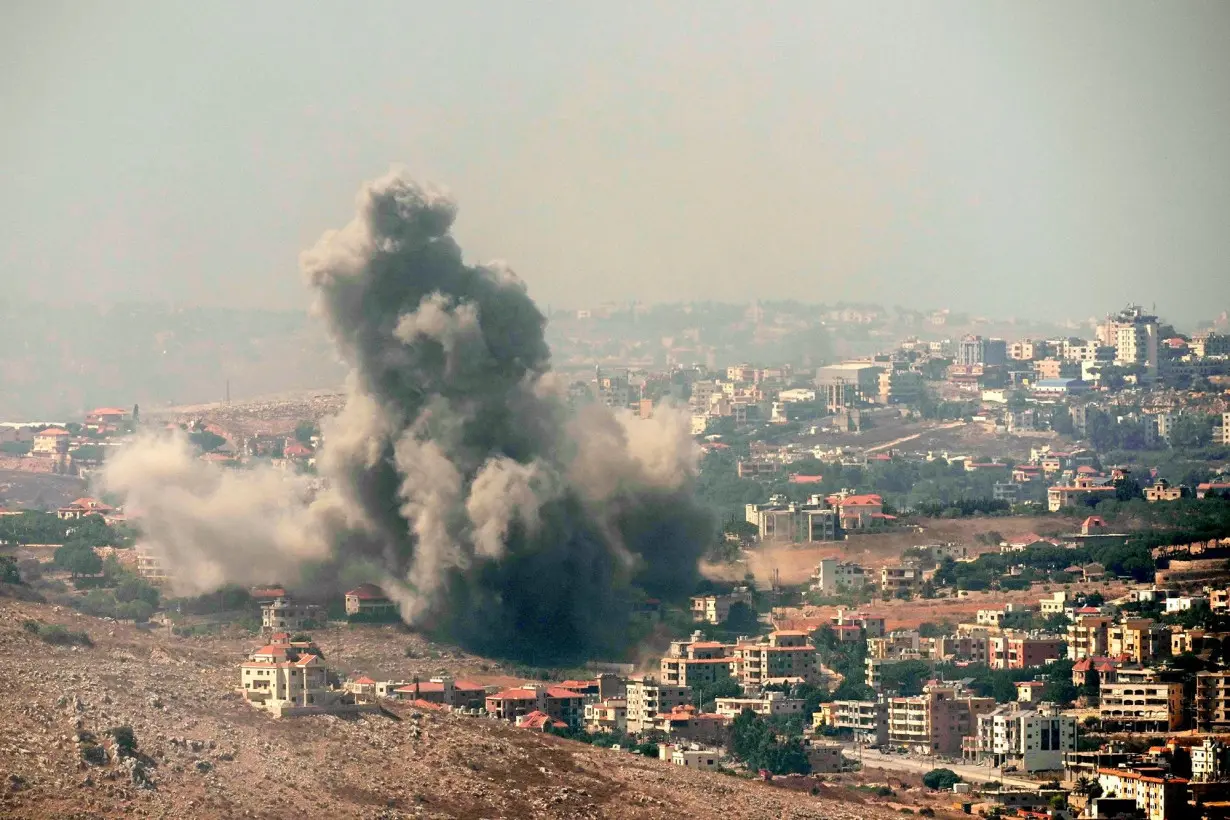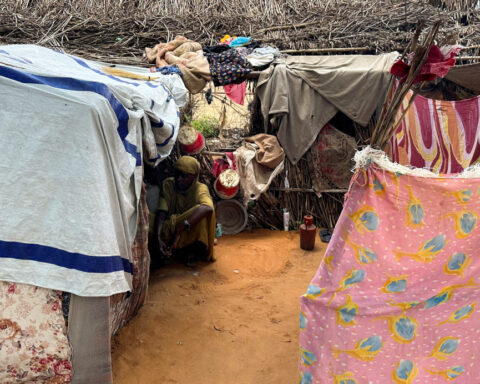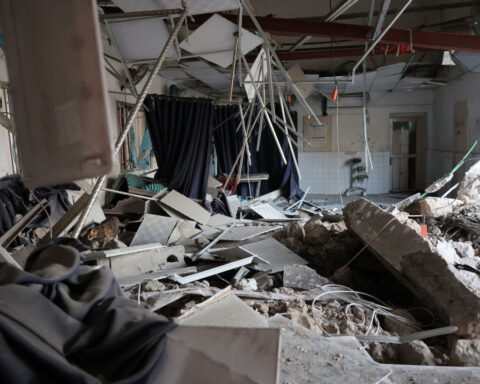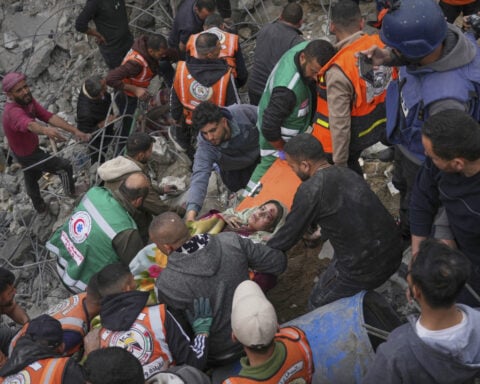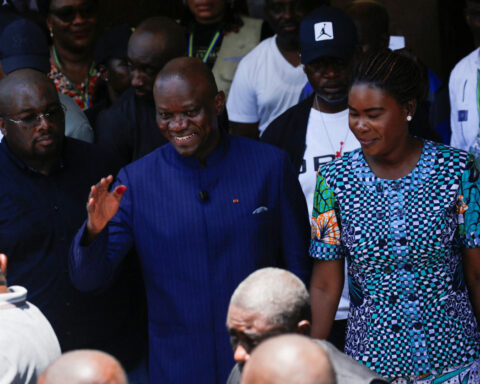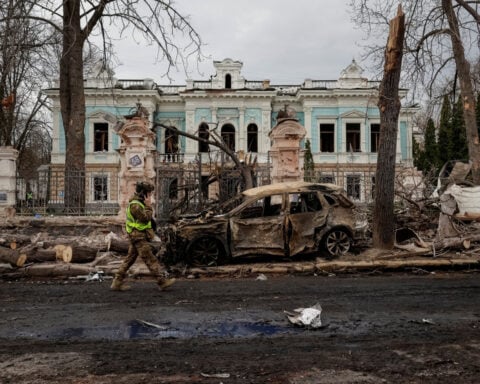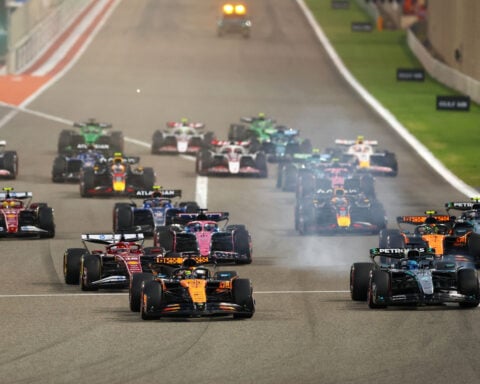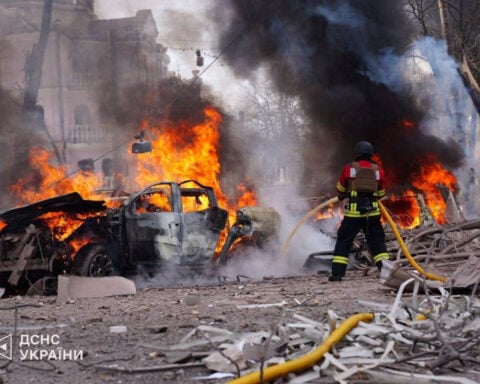(CNN) — Despite pledging a “battle without limits” against Israel, Hezbollah’s response to back-to-back Israeli attacks appears to have been carefully calibrated.
Its strike Wednesday that was intercepted near Tel Aviv managed to be both unprecedented and understated. It marked many firsts: The first time Hezbollah launched what it said was a ballistic missile at Israel; the first time a missile had reached near Tel Aviv from Lebanon; and the first time Hassan Nasrallah, the militant group’s leader, made good on his promise to respond to Israeli strikes on Beirut with Hezbollah’s own on Tel Aviv.
But given the strength of Israel’s air defenses, a single missile – even a ballistic one – was always likely to have been shot down.
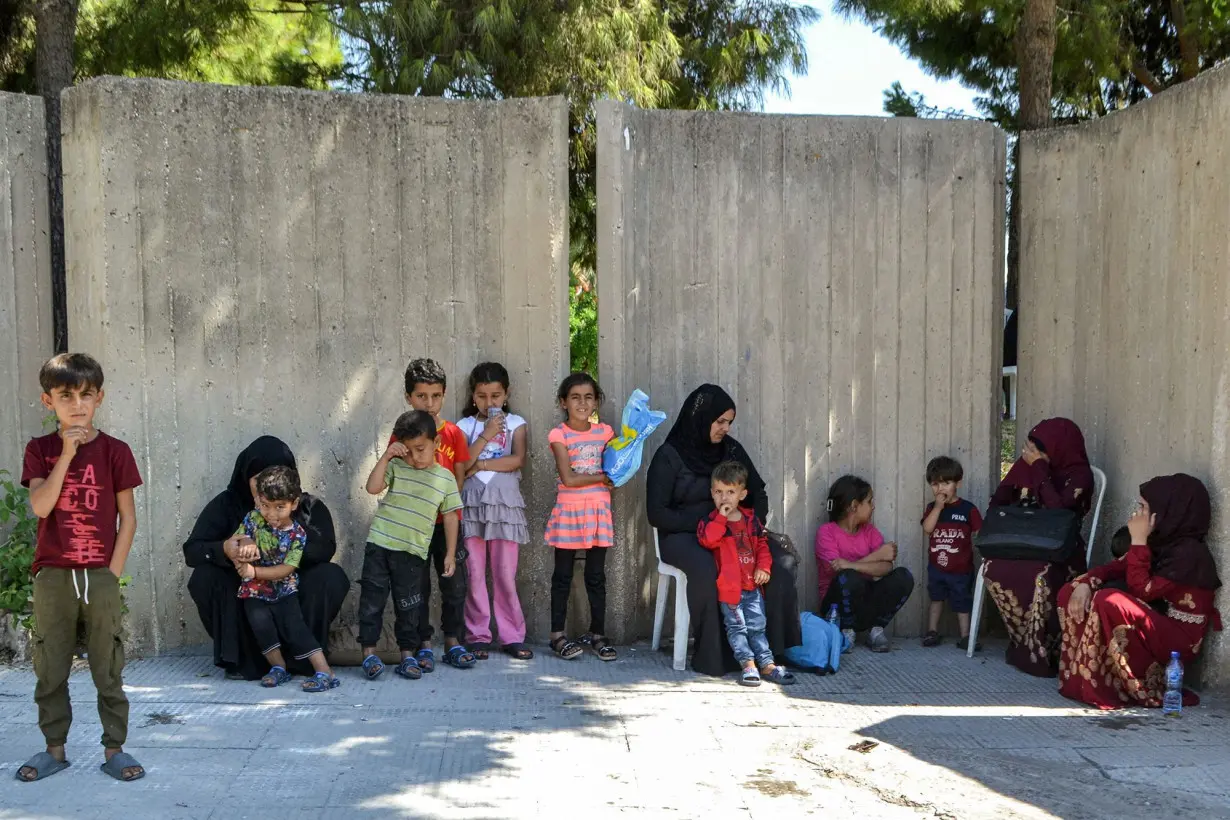
Why, then, launch just one? As the risk of all-out war between Israel and Hezbollah – and their respective American and Iranian backers – grows each day, the lone shot on Tel Aviv could be taken as both a threat and a cease-and-desist. We have powerful weapons at our disposal, and a powerful friend at our beck and call – don’t try us, Hezbollah seemed to say. The militant group’s gloves are far from fully off – the group has a range of medium and long-range missiles in its arsenal – but Wednesday’s strike appeared to be a signal to indicate how powerful a punch it could pack.
This strike is the latest notch in Hezbollah’s managed escalation as it seeks to respond to an intensive Israeli campaign to force the armed group to cease its daily fire at Israel’s northern-most territory.
It is worth remembering how we got here. Hezbollah joined the fight against Israel out of solidarity with Palestinians in Gaza after Hamas’ October 7 attacks against Israel. So far, it has avoided a full-scale war with Israel. Until last week, it had largely limited its involvement to near-daily cross-border strikes that the Israeli military has returned.
The strikes forced more than 60,000 Israelis to flee their homes in the north of the country, but the number of casualties remained relatively low. The Lebanese side of the border was also emptied of its nearly 100,000 residents in Israeli strikes as part of the cross-fire.
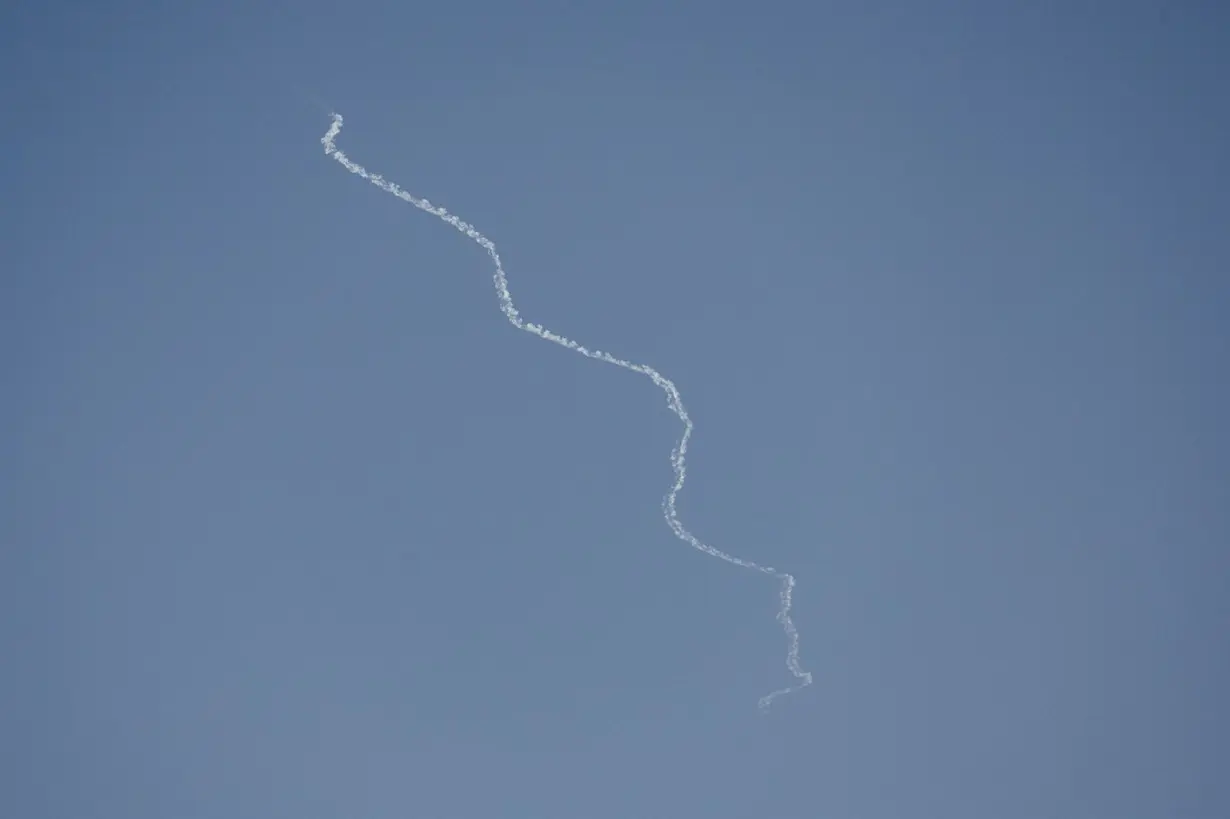
But things began to spiral after a rocket attack in the Israeli-occupied Golan heights killed 12 Druze children. Israel accused Hezbollah of firing the rocket, which came from the direction of Lebanon, but Hezbollah has “firmly” denied it was behind the strike.
For Israeli officials, though, the situation had become untenable. Prime Minister Benjamin Netanyahu began to pivot from fighting Hamas in Gaza to Hezbollah in Lebanon, backed by bellicose allies on his extreme right.
For almost a year, Israel had waged its war in Gaza with the twin aims of destroying Hamas and returning the hostages it had taken. On September 16, Israel added a new objective: ensuring the safe return of residents from communities along its border with Lebanon to their homes.
The next day, hundreds of pagers belonging to Hezbollah militants exploded across Lebanon. The day after, Hezbollah walkie-talkies also exploded. The twin attacks killed dozens and injured thousands, delivering a humiliating blow to the group. Israel has not claimed responsibility for the attacks, but CNN has learned the explosions were the result of a joint operation between Israel’s intelligence service, Mossad, and the Israeli military.
Israel’s attacks did not relent. The next day, it launched an airstrike on a multi-story building in a Beirut suburb where a group of Hezbollah’s elite Radwan Force had met, killing its leader Ibrahim Aqil other high-level figures. This week, another airstrike killed Ibrahim Qubaisi, another senior official who commanded Hezbollah’s missile units.
Reeling from the biggest-ever hits to its military structure, Hezbollah has also discreetly expanded its war aims. It said it launched the ballistic missile Wednesday in support of Palestinians in Gaza and, crucially, in “defense of Lebanon and its people” – an explicit recognition that it is now engaged in a conflict to protect its own territory.
While both sides have refrained from declaring that they are at war with each other, their ramped-up goals may make that moot.
Hezbollah insists there will be no ceasefire in Lebanon until there is one in Gaza. Netanyahu’s government not only insists there will not be a ceasefire in Gaza – its pivot to Lebanon makes the possibility of a deal even more remote.
Where do both sides go from here? Neither has much space to back down.
As international calls to defuse the tensions grow, many Lebanese residents are not waiting to find out whether they will be successful. Lebanon’s Foreign Minister Abdallah Bou Habib said Israel’s offensive has displaced up to half a million people. Beirut’s streets are emptying, as foreign embassies urge their citizens to flee the country and many Lebanese move even further north.
After years of crises, the growing military conflict is inflicting further despair on Lebanon’s increasingly exhausted population. The fact that neither Hezbollah nor the Lebanese authorities have called this a war is little consolation for those in throes of bombardment and mass displacement.
The-CNN-Wire
™ & © 2024 Cable News Network, Inc., a Warner Bros. Discovery Company. All rights reserved.

 Trump has begun another trade war. Here's a timeline of how we got here
Trump has begun another trade war. Here's a timeline of how we got here
 Canada's leader laments lost friendship with US in town that sheltered stranded Americans after 9/11
Canada's leader laments lost friendship with US in town that sheltered stranded Americans after 9/11
 Chinese EV giant BYD's fourth-quarter profit leaps 73%
Chinese EV giant BYD's fourth-quarter profit leaps 73%
 You're an American in another land? Prepare to talk about the why and how of Trump 2.0
You're an American in another land? Prepare to talk about the why and how of Trump 2.0
 Chalk talk: Star power, top teams and No. 5 seeds headline the women's March Madness Sweet 16
Chalk talk: Star power, top teams and No. 5 seeds headline the women's March Madness Sweet 16
 Purdue returns to Sweet 16 with 76-62 win over McNeese in March Madness
Purdue returns to Sweet 16 with 76-62 win over McNeese in March Madness
